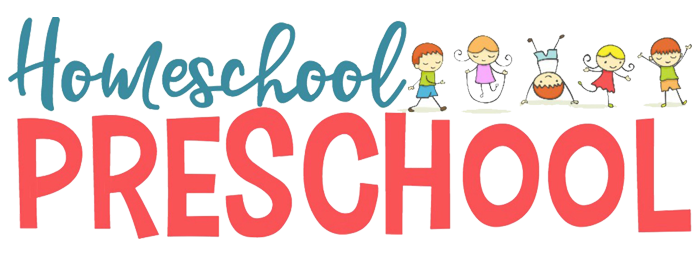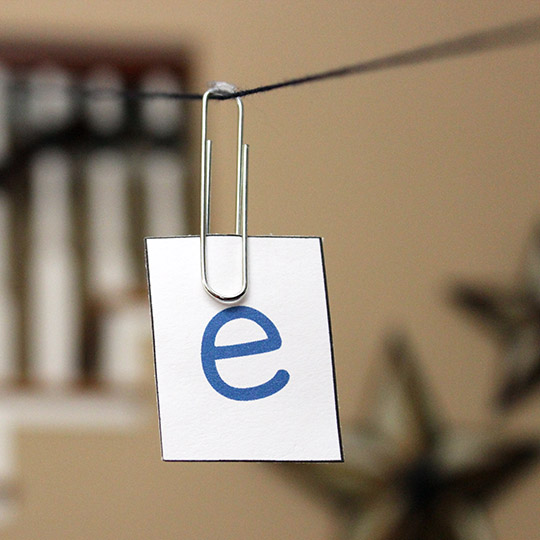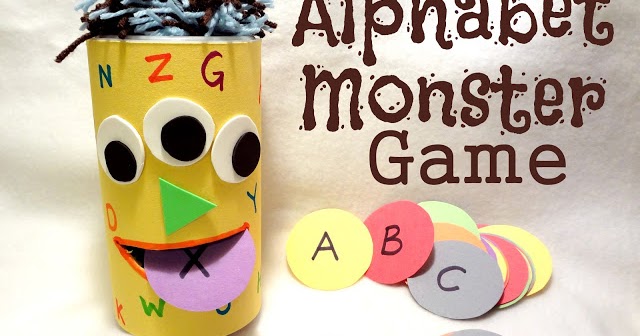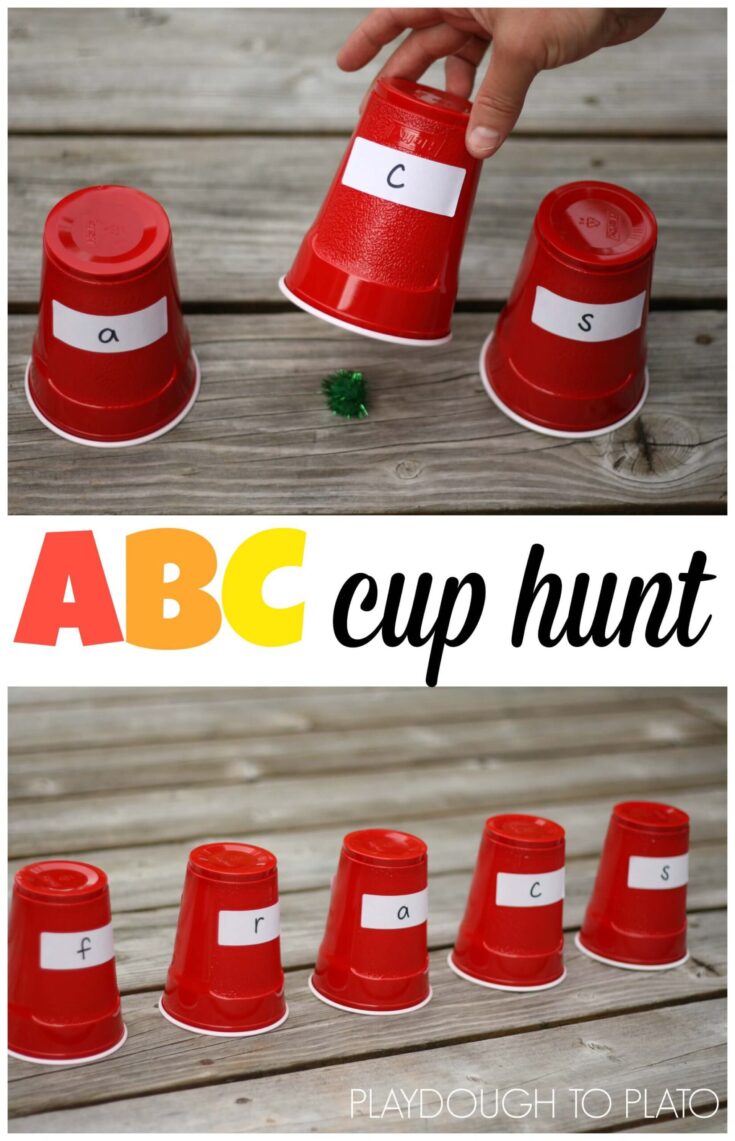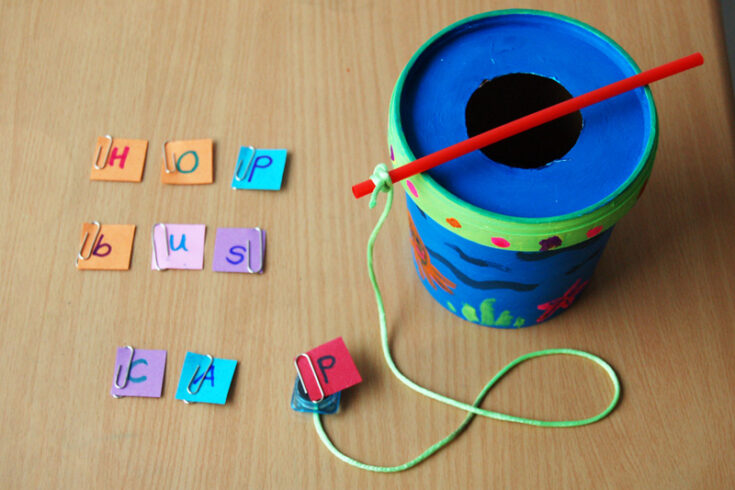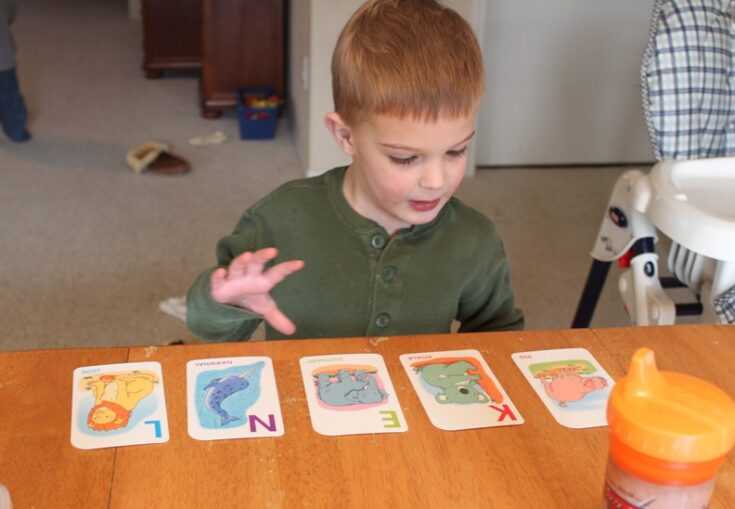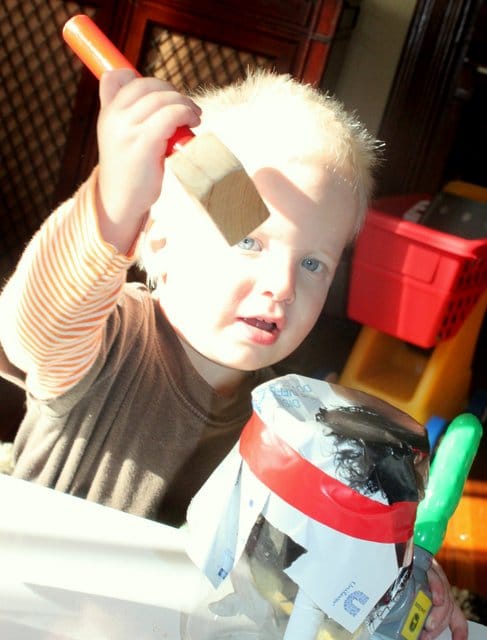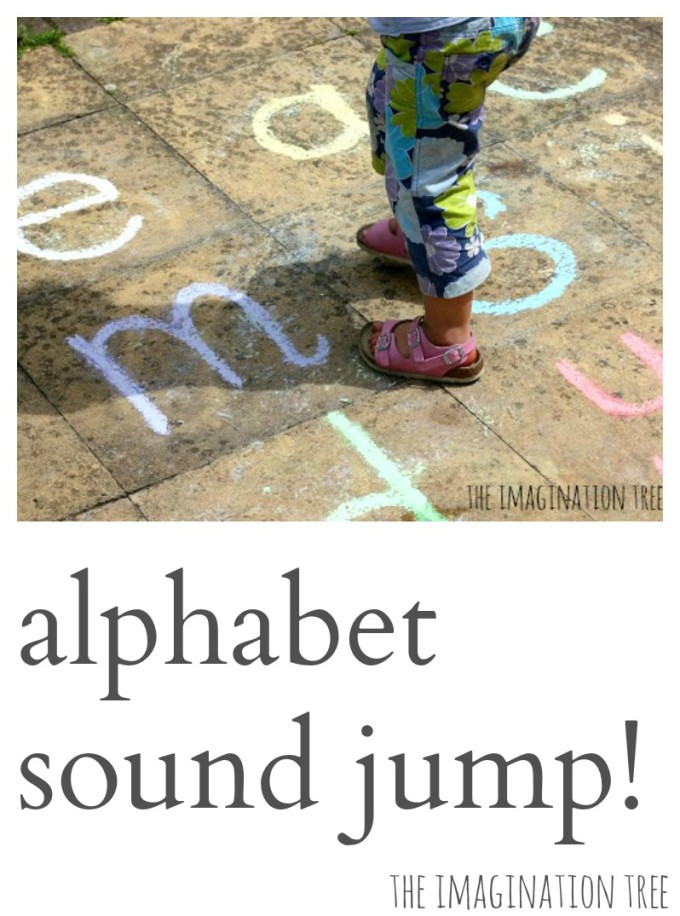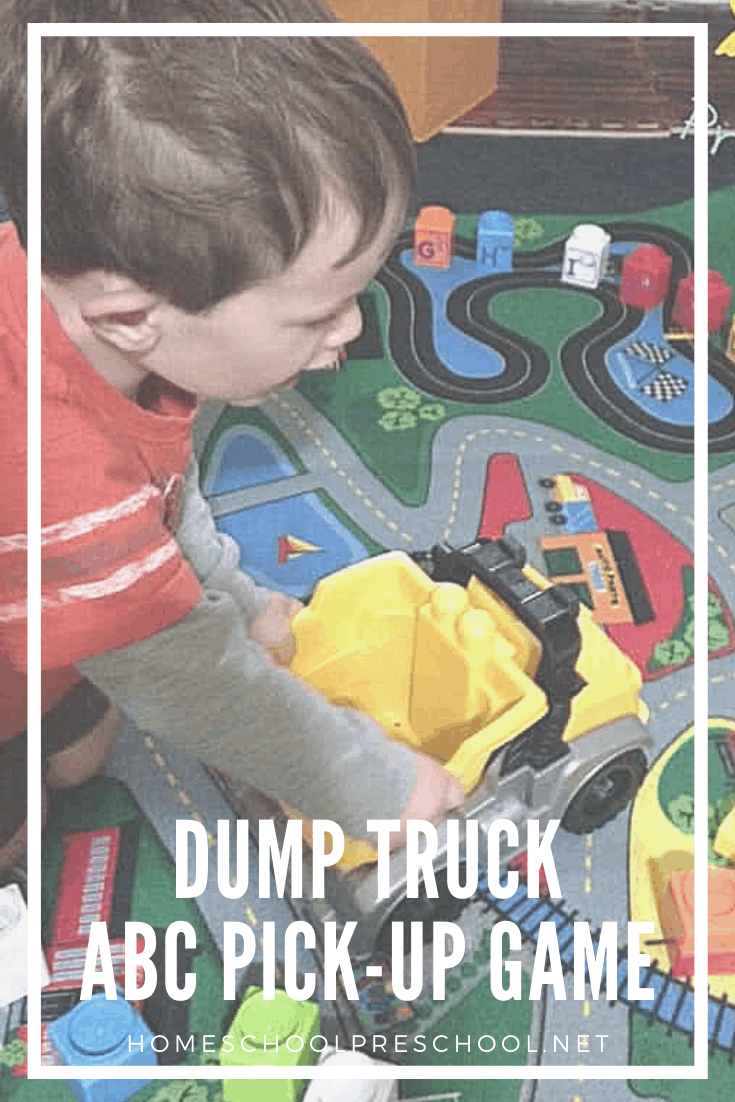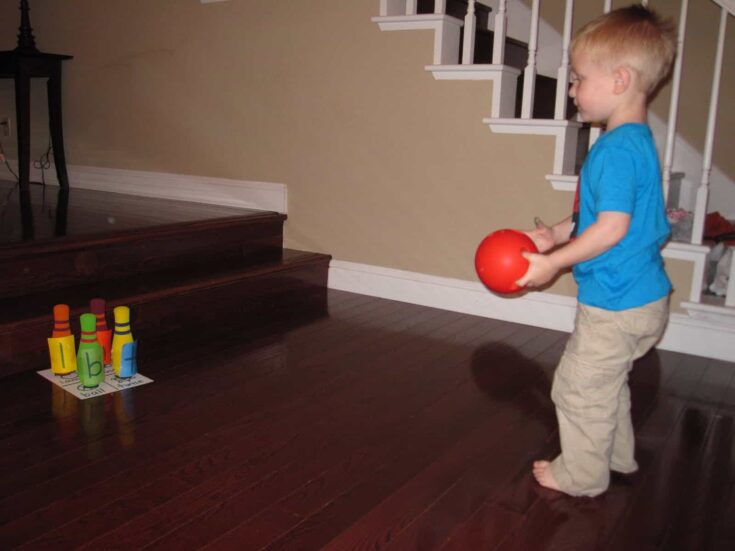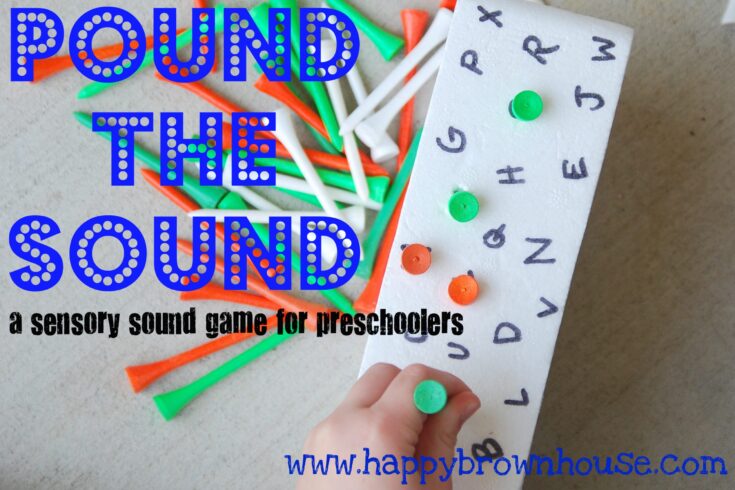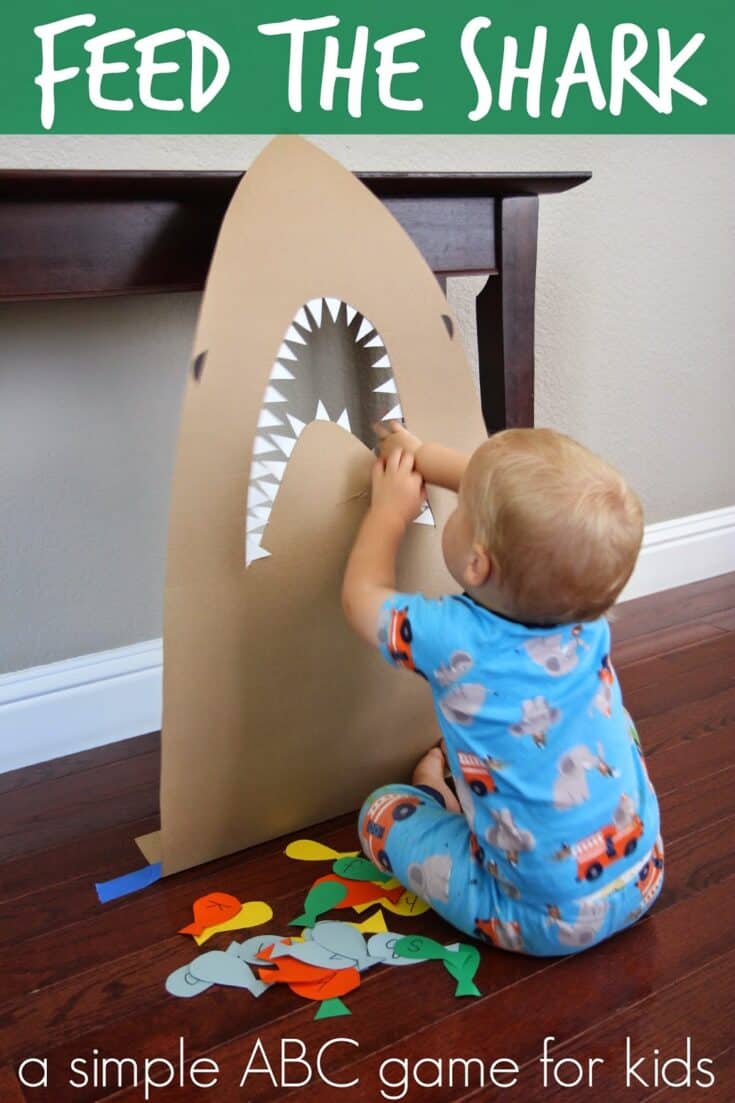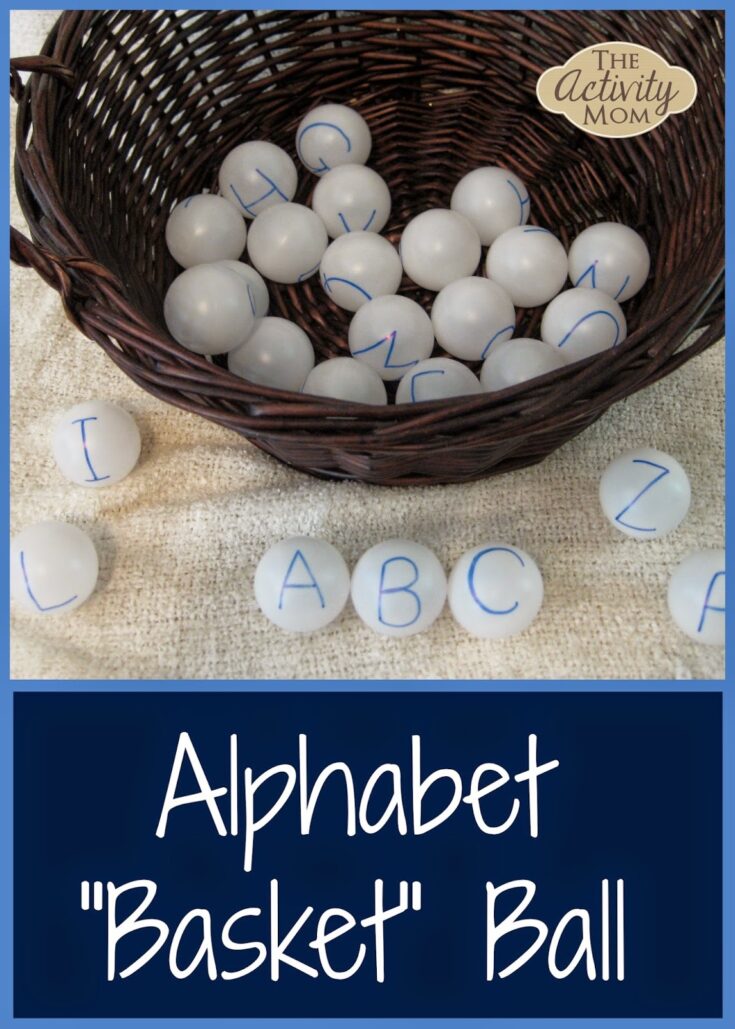Hands-On Alphabet Games for Preschoolers
Alphabet recognition is a vital component of early childhood education, and there are many ways to make learning the ABCs both fun and engaging.
Hands-on alphabet games provide an interactive and exciting way to teach preschoolers the alphabet.
Whether you’re a teacher or a parent looking for new activities to do with your little learners, we’ve got an awesome collection of alphabet activities your preschoolers are sure to love!
These games can help children develop their fine motor, cognitive, and social skills while learning essential literacy concepts. So, let’s dive into the fun world of alphabet games!
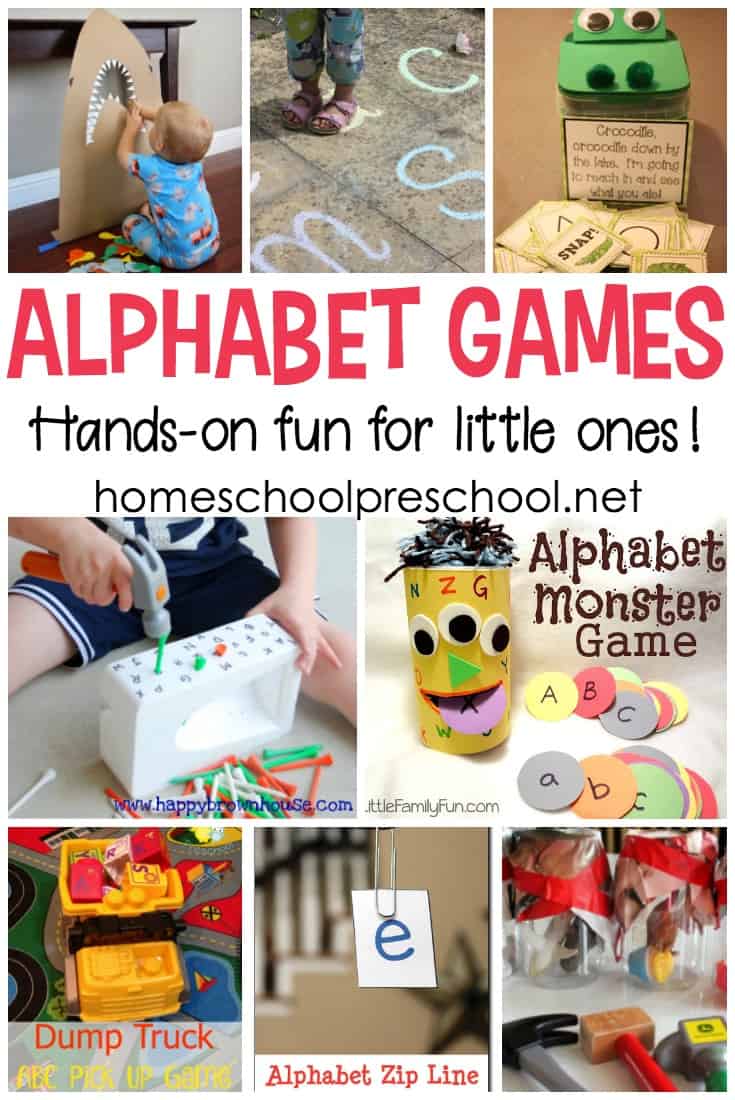
Benefits of Hands-On Alphabet Games
Are you tired of boring and repetitive ways to teach the alphabet? Engaging your preschoolers in hands-on alphabet games will keep them interested and curious to learn.
These games help stimulate their creative and critical thinking while also improving their cognitive, social, and motor development. While playing alphabet games, kids develop their motor skills, strengthen hand-eye coordination and improve their fine motor skills.
These games also train and improve their ability to recognize preschool letters and develop an understanding of how they work together to form words.
Combining fun with learning
Many preschoolers have a short attention span and, sitting still in one place, may be difficult for them. Hands-on alphabet games are examples of approaches that help them get engaged in the learning process.
By integrating fun activities, you can cater to their need for moments of enthusiasm and make learning easier for them to retain knowledge. At the same time, your child will learn through enjoyment and, in turn, make learning a fun experience they will always look forward to.
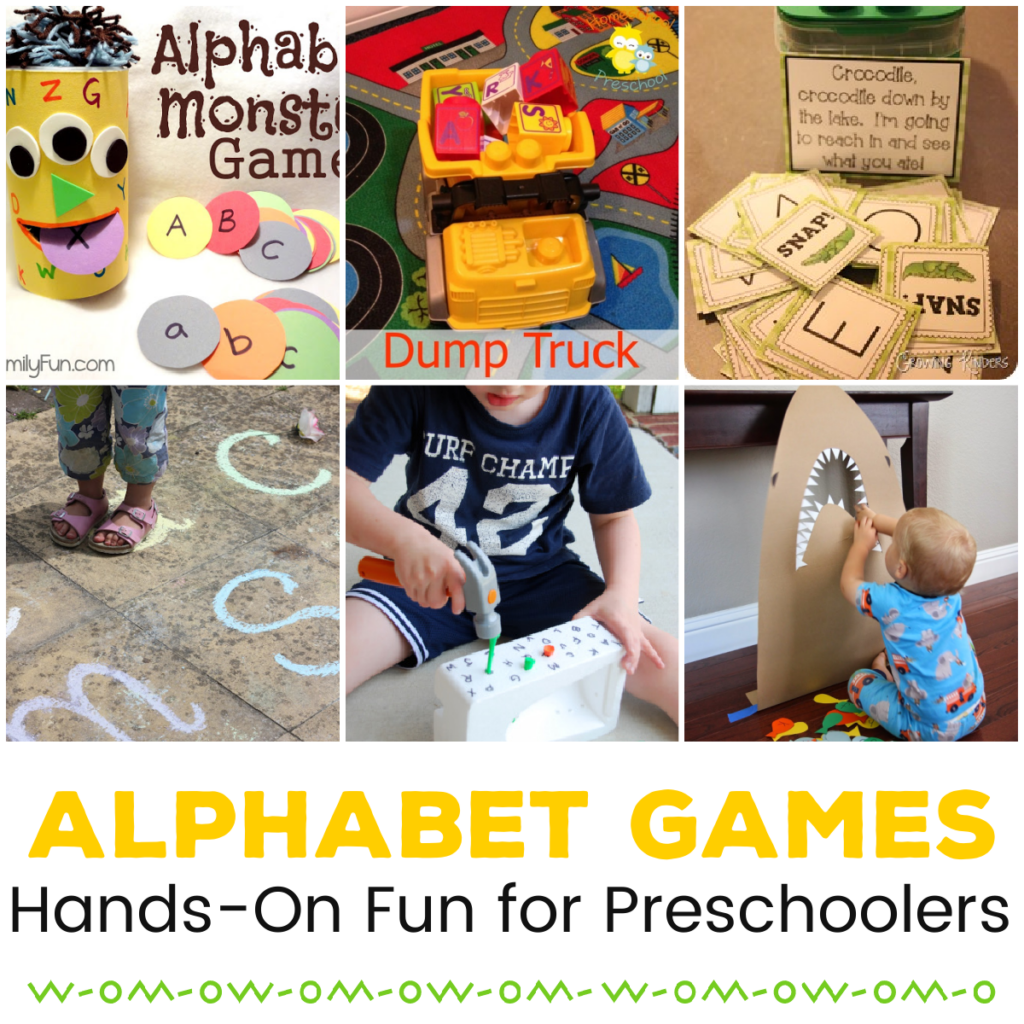
Alphabet Games for Preschoolers
Teaching the alphabet to preschoolers is an essential part of early childhood education.
By incorporating engaging and repetitive activities such as letter recognition games and multisensory activities, preschoolers can develop strong literacy skills while having fun.
Here are a few ideas to get you started:
Create an alphabet zip line for your preschoolers. They’ll build fine motor muscles as the clip each letter card, and you’ll see which letters they still need to work on as they call it out before sending it down the zip line.
Turn an old chip can or cereal box into a hungry monster, and have your preschoolers feed him in this fun alphabet monster game.
This ABC cup hunt game is a fun slight-of-hand game that preschoolers will love!
Send your preschoolers on a fishing expedition as they fish for the alphabet.
Little ones can burn off some pent-up energy when you set up this alphabet running game.
Review letters and letter sounds while working gross motor skills with a letter sound punch game.
This noisy letter jump game will have your preschoolers focusing on letter sounds instead of letter names.
Set up an ABC town for your little ones, and they’ll be all set to play this dump truck alphabet pick up game.
Alphabet bowling is so much fun, and it’s a great way to review letter identification and letter sounds.
Practicing letter sounds has never been as fun as it is when you set up this “pound the sound” activity for your little ones.
Similar to the feed the monster game I shared above, this Feed the Shark game is perfect for reviewing the alphabet during your ocean-themed unit.
Alphabet “basket” ball is fun way to teach or review the alphabet, and it can be played indoors or out.
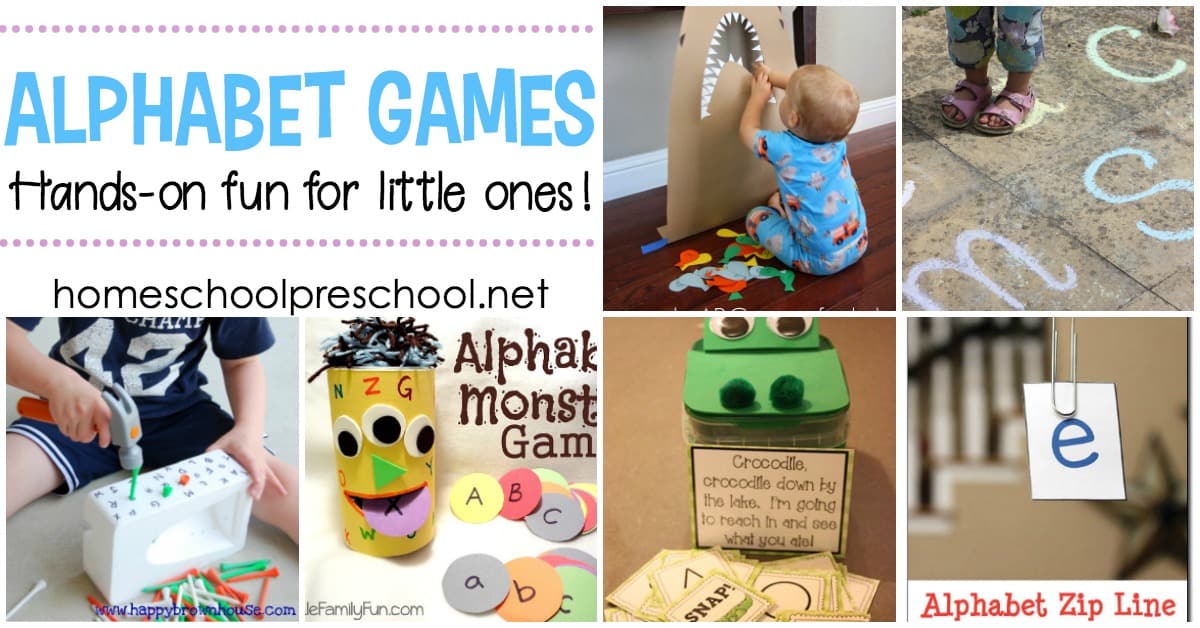
Do you have a favorite alphabet game? If so, let me know what it is!
Alphabet Books
Alphabet books are a great way to help preschoolers and kindergarteners learn their letters. And they don’t have to be boring, either!
There are all sorts of fun and engaging alphabet books out there, from books that teach the letters through rhyming verses to books that feature adorable animals.
Alphabet books can also be a great way for parents and caregivers to bond with their little ones. Reading together is always a special time, and it’s even more special when you’re sharing a book that’s helping your child learn something new.
So whether you’re looking for a gift for a preschooler in your life or you just want to add some new titles to your home library, be sure to check out some alphabet books for kids!
• ABC’s for Boys – This one of a kind, hand illustrated alphabet book combines letters with all of boys’ favorite things–airplanes, dump trucks, and more!
• Alpha Oops! The Day Z Went First – It’s chaos! It’s pandemonium! And it’s definitely not as easy as A-B-C! Here’s a snappy story about the comic confusion that comes when the letters of the alphabet, like a class of unruly children, step out of order and show that each one has a mind of its own.
• Pinkalicious ABC – A is for Apple. B is for Bubble Bath. C is for Cupcake. What could be better than learning your ABC’s with Pinkalicious in this pinkamazing board book?
What activities can I do with my preschooler to help them learn the alphabet?
This sweet set of 26 fabric letters is a great way for your child to play and learn the alphabet. Safe for all ages. And can be machine washed and dried using a small mesh bag.
These epoxy sprinkle letters are so much fun! They can be used in sensory bins , alongside educational activities, or on their own! 26 letters included!
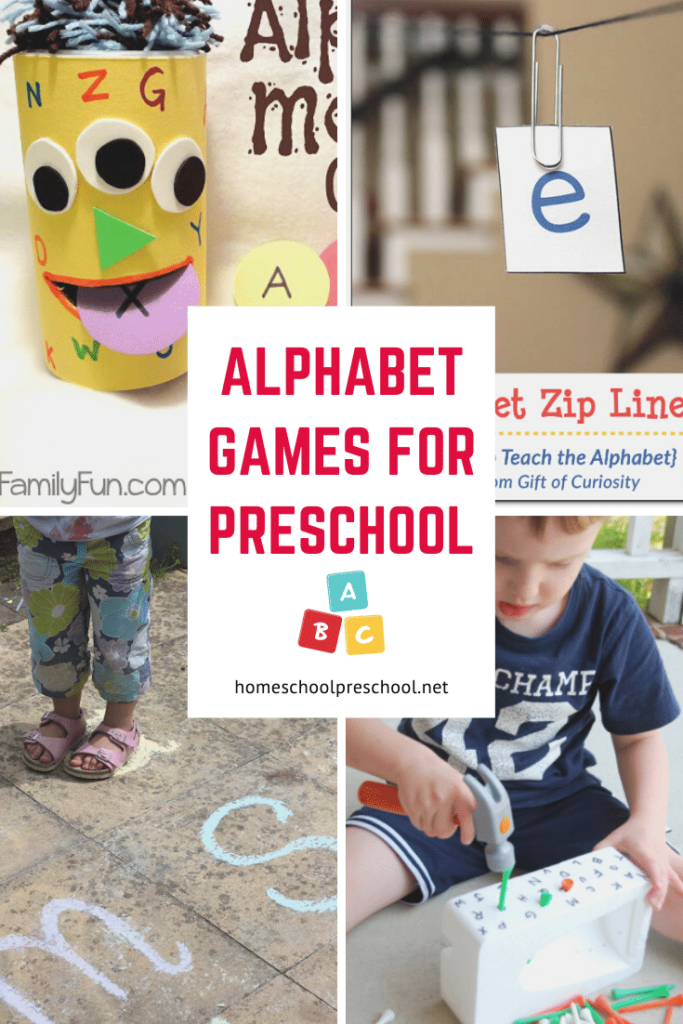
Hands-on alphabet games make learning about the alphabet more entertaining and fun for preschoolers.
As an educator or parent, when teaching the alphabet, find activities that develop cognitive skills, sensory skills; are beneficial for motor skills development and it should be something they enjoy.
As mentioned earlier, incorporating fun into learning is crucial when dealing with little minds that are easily bored. With creative hands-on alphabet games, their learning journey becomes exciting!
So why not try out these activities today? It’ll be fun!

Tara is the brains behind Homeschool Preschool, where her journey from preschool and public school teacher to homeschooling mom of three fuels her passion for early childhood education. With a blend of expertise and firsthand experience, Tara’s writings offer practical tips and engaging resources to support families in creating meaningful learning adventures at home.
